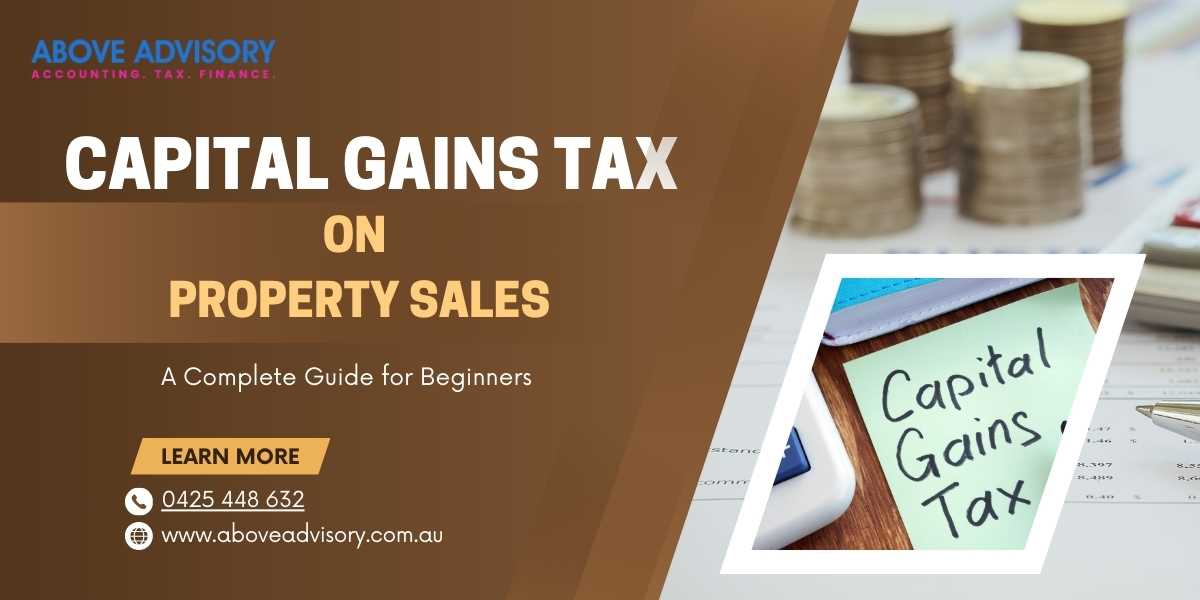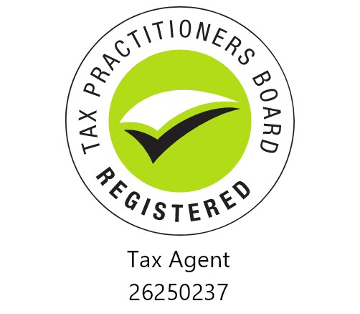Have you ever wondered about the impact of selling assets like subdivided land, residential property, or commercial assets on your tax return?
Capital Gains Tax (CGT) laws can significantly impact your finances. It is a key part of Australia’s tax system that helps you plan & manage your finances better.
At Above Advisory, we simplify the process, help you navigate the property market more efficiently & save thousands of dollars.
Let’s start with the basics:
What is CGT on the Sale of Property?
CGT is the tax levied on gains made from selling an asset like property, stock, or digital currency, among other investments. Despite the term ‘capital gains tax,’ it forms part of the income tax regime. It’s not a separate tax.
A CGT event might also be initiated if you dispose of assets (normally when you are no longer an owner of an asset). This is when you must declare capital gains and losses with your income tax return.
How is CGT Charged?
A capital gains tax is calculated on the difference between the sale price of the property and its original purchase price.
To the real estate investors paying some attention to the tax legislation is essential more so concerning CGT.
It not only determines the final value of money you carry out from a sale but it also comprehensively determines the investment you choose and how you plan for it.
To make a better estimate of the real profit margins, investors also adjust the probable taxes on the investment side.
Example: Determining Processing of Capital Gains Tax (CGT)
Alex buys shares for $10,000. Alex had been holding the shares for 8 months and then he decided to sell them at $11,000. A profit of $1,000 is considered a capital gain.
Since the holding period for all the shares was within one year; therefore, Alex cannot apply for any CGT discount.
For taxation purposes, capital gains refer to the profit that results from alienating an asset and is part of the assessable income of a taxpayer; Alex discloses the $1,000 capital gains in his tax return.
The tax payable amount on this capital gain depends on Alex overall taxable income as this capital gains will be added on top of his ordinary taxable income (eg. Wages, Dividends, etc)
What Kind Of Property Attracts Capital Gains Tax?
Capital gains tax (CGT) applies to a broad range of property types beyond the simple residential dwelling:
- Residential Properties: Houses and apartments, whether used as rental property or primary residences.
- Commercial Real Estate: It includes properties used for business purposes like working stations, business premises, or production lines.
- Vacant Land: It is also important to understand that even if there is no structure at all, it is possible to attract CGT through the sale of the land.
- Holiday Homes: Properties used for holiday purposes are subject to CGT upon sale.
- Investment Properties: Includes land or buildings bought to earn rental income or for capital appreciation.
Of course, apart from different types of properties that attract capital gains tax, disposal of assets including investments, shares, crypto also attract capital gains tax.
Short-term Vs Long- term Capital Gains In Investment
The nature and time you take to sell a property determine how your capital gains will be taxed.
Any capital gains resulting from sale of less than 12 months are referred to as short-term gains where a 50% capital gains discount is not applicable. Any of these gains are subjected to tax at the amount that is equivalent to your normal income tax.
On the other hand, an individual who takes more than 12 months to hold the property before selling is entitled to a 50% reduction of capital gains tax.
This means that the first half of the total gain achieved is CGT-free.
That is why many people prefer to invest in it where they get to retain the property for at least one year to qualify for the discount.
It is also worth noting that 50% capital gains discount is only applicable if the asset ownership is under individual or trust structure, there is no discount applicable for companies & self-managed superannuation funds are entitled for 33.33% discount only.
Key Takeaways
Navigating capital gains tax on property sales can seem complex, but understanding the basics can help you make informed financial decisions.
So, whether you’re planning to sell a property, or downsize for investment purposes, hire a proactive accountant in Australia to reduce your tax burden and maximise your gains.
Contact Above Advisory now!








